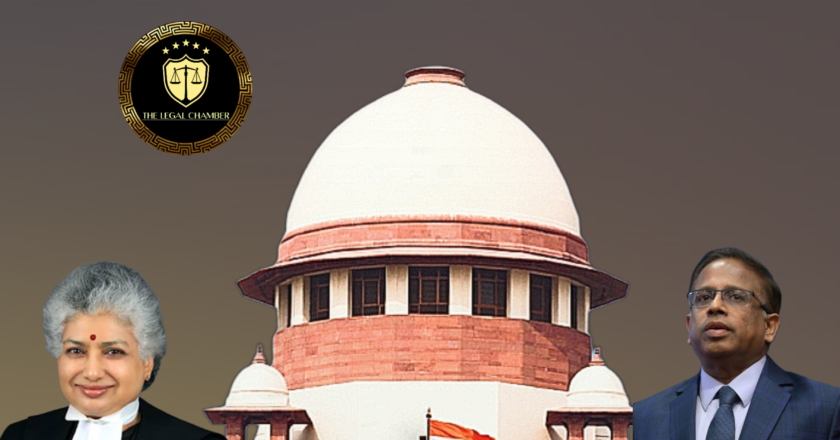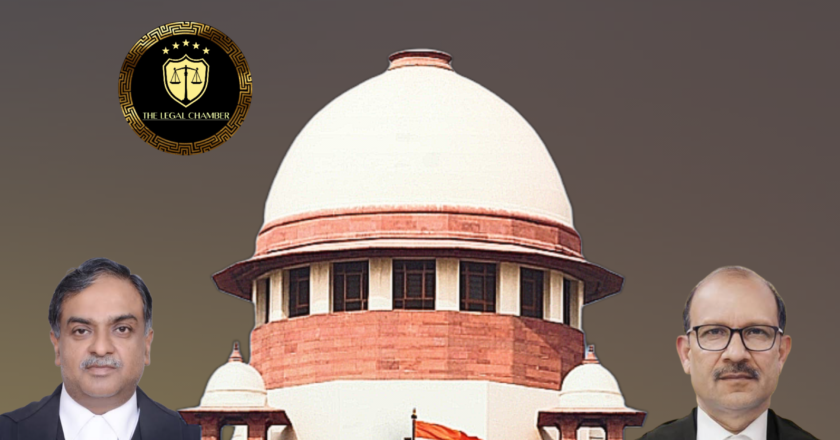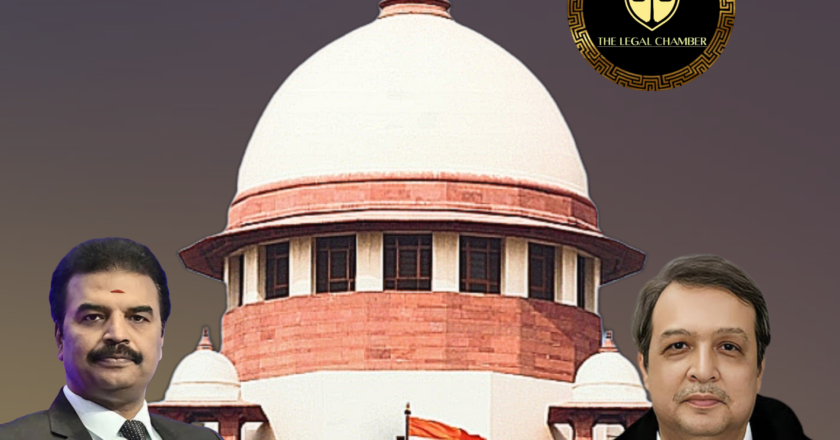Supreme Court: Criminal Cases Against In-Laws Can Be Dropped After Amicable Settlement
This Supreme Court, invoking Article 142 of the Constitution, quashed all criminal proceedings arising from matrimonial discord, including charges under Section 494 and 498A IPC. Relying on precedents, it held that continuing prosecution after a full and final settlement and divorce constitutes an abuse of the legal process and serves no legitimate purpose.
Facts Of The Case:
The marriage between the respondent-wife and the appellant's brother was solemnized in 2001. The couple moved to the USA, but their relationship soured, leading to a mutual divorce decree from a California court in 2007. After returning to India, the wife initiated multiple legal proceedings against her husband and his family (the appellants). These included a complaint case alleging cruelty, a case under the Domest...



